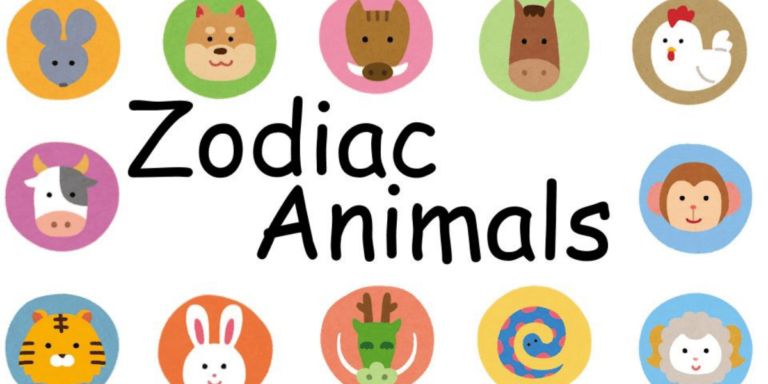Marsupials | List of Marsupials and Amazing Facts about Them

Marsupials, belonging to the mammal family, are recognized for their unique trait of carrying their offspring in a pouch. The majority, around 70%, inhabit Australasia, while the remaining 30% are distributed across the Americas.
Marsupials
List of Marsupials
There are over 330 species of marsupials, below is a list of 17:
- Kangaroo
- Tasmanian Devil
- Koala
- Opossum
- Cuscus
- Planigale
- Quoll
- Wombat
- Numbat
- Dunnart
- Quokka
- Mulgara
- Wallaby
- Sugar Glider
- Kangaroo Rat
- Bilby
- Tree Kangaroo
Common Marsupials | Facts
Kangaroo
Kangaroos, native to Australia and New Guinea, are the largest of the marsupials, weighing up to 90kg and reaching heights of 2 meters. They are a prominent symbol in Australia, featured on currency and the Australian coat of arms.
Tasmanian Devil
Known for their carnivorous nature, Tasmanian devils are the largest carnivorous marsupials. Often solitary, they occasionally engage in communal feeding, accompanied by their loud screeches and fierce eating habits. They possess the strongest bite per unit body mass among predatory land mammals.
Koala
Found in Australia, koalas spend up to 18 hours per day sleeping and consume around a kilo of eucalyptus leaves. Due to deforestation, they are considered a vulnerable species. Despite having one of the smallest brain-to-body ratios among mammals, they weigh between 4 and 15kg.
Opossums
Originating in South America, opossums are adept migrants, thanks to their flexible diet and reproductive habits. When threatened, they display a defensive behavior of playing dead, featuring curled lips, foaming mouth, stiff and curled body, and a scent of decay.
Cuscus
Closely related to opossums, the nocturnal cuscus boasts large, round eyes. Solitary in nature, they possess five strong fingers for gripping branches in the treetops. Some cuscus species can glide between treetops, facilitated by their gliding capabilities.
Planigale
Weighing less than 5 grams, the planigale is the smallest marsupial. Found in Western Australia and New Guinea, they primarily feed on insects, occasionally preying on small birds or lizards. Due to their secretive nature and diminutive size, they are rarely sighted.
Wombats
Wombats are herbivores recognized for their cubic-shaped feces, which they use to mark their territory. Formerly considered bush meat, they now hold protected status. They consume grasses, bark, and roots, and a group of wombats is referred to as a wisdom, mob, or colony.
Numbat
Insectivorous by nature, numbats can consume over 20,000 termites in a single day. Despite not being closely related to any existing marsupials, they diverged from other species around 40 million years ago. Once widespread across Australia, they now reside in limited colonies in Western Australia, owing to the impact of the release of the red fox in the 19th century.
Mulgara
Well-adapted to desert life, mulgaras are tiny carnivores, reliant on insects, reptiles, and small mammals for sustenance. They derive all their water from their food, refraining from direct consumption. Nocturnal in behavior, they often bask near their burrows, primarily inhabiting central Australia.
Quokka
Endearing for their perpetually smiling appearance, quokkas are exclusive to Rottnest Island and Bald Island in Australia. Herbivorous in diet, they store significant amounts of fat and water in their tails for emergencies. Weighing around 3-5 kilograms, they have a lifespan of up to 15 years.
Marsupials encompass an incredibly diverse and intriguing group of animals, ranging from the diminutive planigale to the imposing kangaroo, each uniquely remarkable in their own way. Despite our current understanding, there remains much to uncover about these rare and lesser-seen marsupials, ensuring that the future holds many more fascinating discoveries.





